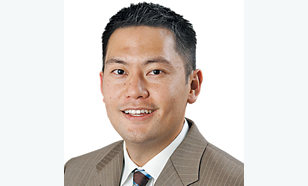It has been less than one year since the Pennsylvania Supreme Court codified, via amendment of the civil practice rules, its holding in Barrick v. Holy Spirit Hospital, 91 A.3d 680 (Pa.2014). In Barrick, an evenly divided court affirmed a ruling issued by an en banc panel of the Superior Court, and held that all communications between an attorney and his testifying expert were shielded from discovery by the attorney work-product doctrine.
Since Barrick (and the subsequent rule change), there has been considerable debate over whether the court got it right or wrong. On one hand, some practitioners lauded the decision and the new rule as bringing Pennsylvania in line with the federal rules pertaining to expert discovery. While others have denounced the same, calling it an open invite for unscrupulous opponents to mold, if not create, their own expert’s opinions. But the reality is, while we will never stop an unethical practitioner from, well, practicing unethically, the new rules have begun to create a dangerously more relaxed and casual communication environment between attorney and expert, one that may blur the lines for even the most careful and ethical “Type A” attorneys, who may feel they have been given a license from the court to interject more of themselves (literally) into their expert’s reports.



